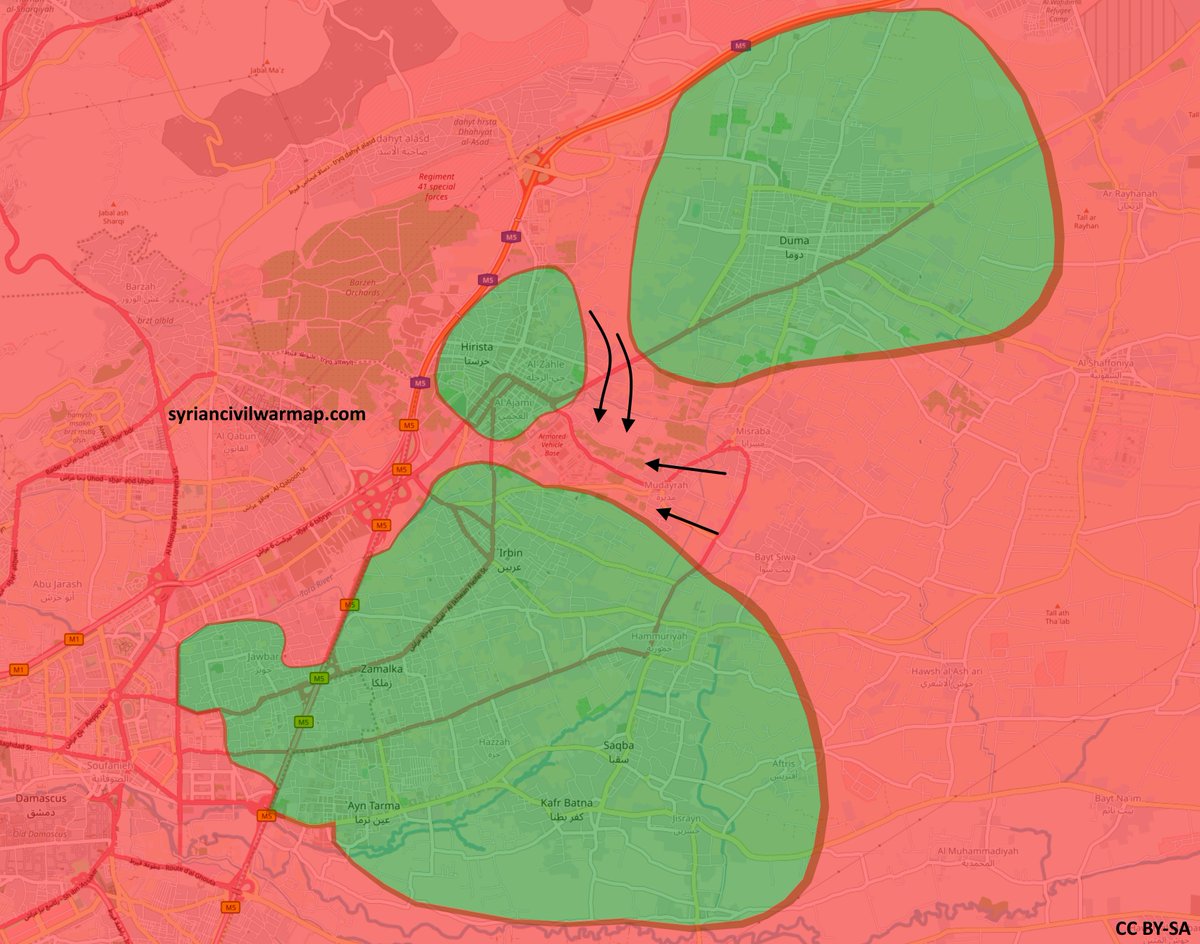U.S. troops remain in
despite tense relations between the United States and Turkey.
On Monday, Turkey’s president,
, reveled in his forces’ capture of
. He said that they now intend to shift their campaign to other areas under the control of
, including Manbij, “until this terror corridor is fully eliminated.”
Manbij is a known location of U.S. forces, roughly 60 miles east of Afrin.
An official with Combined Joint Task Force -
told Military Times that as NATO allies, U.S. and Turkish military officials are in “regular communication.”
“Discussions are also taking place at the diplomatic level, which will ultimately decide the future of the region,” the official added.
When asked whether the U.S. and coalition forces in Manbij could be expected to hold their own against a possible Turkish incursion into the area, the official would only say that the mission there “involves force protection measures that ensure the safety of our troops.”
“The level of force protection is commensurate to the threat,” the official added.
It’s not the first time Turkey has threatened U.S. troops in Manbij, but Turkish Foreign Minister Mevlut Cavusoglu claimed Wednesday that this time they have reached an “understanding” with the United States.
“We said we reached an understanding, which is mainly that Syria’s Manbij and the east of the Euphrates be stabilized,” Cavusoglu said Wednesday at a news conference in Ankara, Turkey, according to
.
Turkish officials want the Kurdish Peoples' Protection Units, also known as the YPG, considered by Turkey to be a terrorist group, to withdraw from Manbij.
“First, the YPG will leave and the people of Manbij will govern it. The security of the area will be ensured. We will apply the Manbij model to other areas controlled by the YPG as well,” Cavusoglu said.
The problem may come down to semantics for Turkey, as YPG fighters make up a significant portion of the U.S.-backed Syrian Democratic Forces, and other local militia units.
The reason there are U.S. forces in Manbij at all is to maintain a relationship with the Manbij Military Council (MMC) — a mix of Arab and Kurdish fighters — which was created to defend Manbij from the Islamic State of Iraq and Syria, the Inherent Resolve official told Military Times.
“The MMC is a primarily Arab force made up of Manbij locals,” the official said. “It is aligned with the Syrian Democratic Forces and took responsibility for the defense of Manbij after the [Syrian Democratic Forces] liberated the area from [ISIS] on Aug. 15, 2016.”
Throughout the summer of 2016, coalition forces trained, advised and accompanied the MMC in their liberation of Manbij. Since then, the council has been charged with maintaining security in the region alongside the coalition, “which provides training and equipment to the MMC,” the official said.
“While we maintain lines of communication with the Civil Administration of Manbij and Manbij Internal Security Forces, we do not have a formal relationship with these entities,” the official said.
Whether or not the Manbij Military Council, and other governing entities in the region, will satisfy Turkey’s wishes to remove YPG elements from its shared border with Turkey is still up in the air.
Until then, the Inherent Resolve official said that they “will continue our partnership with the Syrian Democratic Forces to achieve a lasting defeat of [ISIS] and stabilize liberated territory. This will allow displaced Syrians and refugees to return and ensure [ISIS] does not return as an insurgency.”








